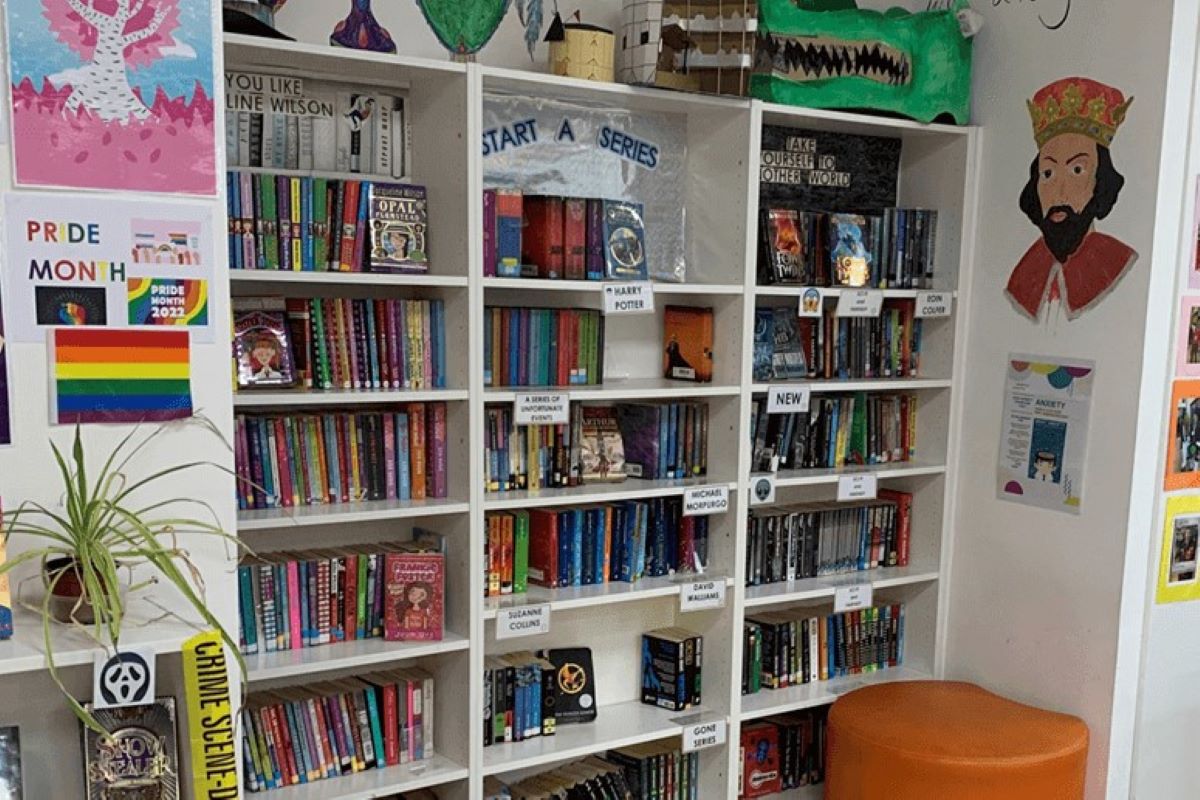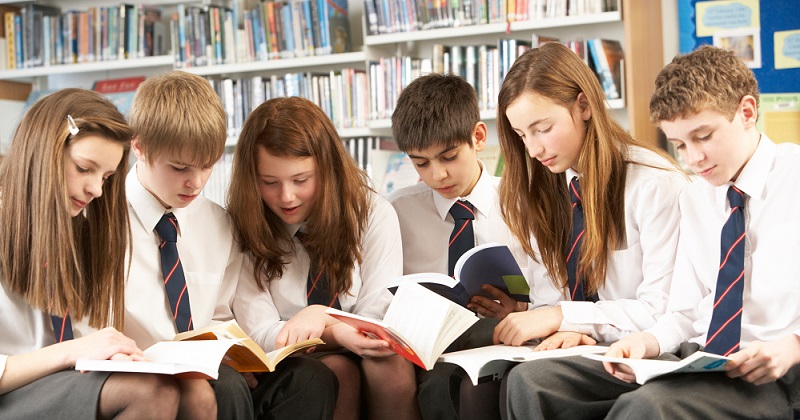
Revision experts Primrose Kitten and Jessica Walmsley discuss three simple steps to revise Science successfully at Key Stage 3.
Read more
Revision experts Primrose Kitten and Jessica Walmsley discuss three simple steps to revise Science successfully at Key Stage 3.
Read more
Discover how BTHCC focused on two areas that have been transformational in changing student attitudes and results in reading levels: the transformed school library space; and the embedding of reading across the curriculum.
Read moreStudents learning in the classroom In October 2022, Ofsted published a report on supporting struggling readers in secondary schools after visiting six schools where a higher-than-expected proportion of struggling readers got a grade 4 or above in GCSE English language. In its conclusion, Ofsted notes that: “School leaders understood the need to identify specific reading gaps and weaknesses, and […]
Read moreData often gets something of a bad press in education. It is seen by some as a dehumanising force: reducing real, living students to faceless numbers. However, this is to miss the point of data in education. It is precisely by putting the people to one side – for a moment – that we discover […]
Read more
Boy, Everywhere is a story of survival, of family, of bravery. It looks at the refugee crisis from a new perspective, and through Sami’s eyes shows that we are all one cruel twist of fate away from becoming refugees ourselves: it can happen to anyone. Historical context By 2015, the war in Syria had been […]
Read more
I don’t know about you, but I look forward to introducing a new class reader with the various classes I teach. There’s something about the opportunity to share great literature with young people and also have the chance to share my own passion as a reader. It’s always enjoyable to challenge myself with a new […]
Read more
‘Cultured…Engaged…Informed’. This vision strapline underpins everything we do in my English Department. Vocabulary teaching, naturally, plays an important role in fulfilling this vision. When we spoke to students about the disadvantages that poor vocabulary acquisition brings, the one that came up repeatedly was that of frustration – the inability to communicate that which is in […]
Read more
Written by The Children’s Society in partnership with Oxford University Press As we emerge from the upheaval and disruption of the pandemic you could argue that it was young people who paid the highest price, especially those who were taking exams. The Children’s Society (TCS) has been carrying out research with children and young people […]
Read more
For very good reason the last several years has witnessed an explosion in thinking about effective revision strategies, with an increasing focus on self-testing and retrieval. As we increasingly use and model these skills in our own classrooms so too do students increasingly use them in their own independent practice. Yet, whilst we may be […]
Read more
The Oxford Children’s Language Team reflect on the Government’s white paper for schools, highlighting the importance of vocabulary.
Read more